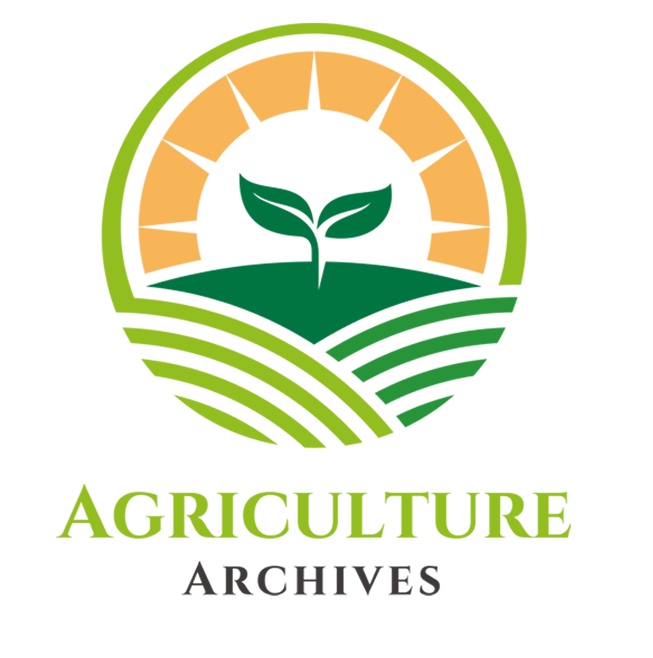This study delves into the intricate dynamics of pesticide physicochemistry and its profound implications for soil and water management strategies. Through an integrative approach encompassing literature review, experimental analysis, and data synthesis, we elucidate the multifaceted interactions between pesticides and their surrounding environment. Our investigation underscores the pivotal role of physicochemical properties in governing pesticide behavior, transport, and fate in soil and water matrices, explores key factors influencing pesticide sorption, desorption, degradation, and mobility, shedding light on their complex interplay within diverse environmental contexts. Furthermore, analyze the potential risks posed by pesticide residues to soil health, groundwater quality, and aquatic ecosystems. By synthesizing current knowledge and highlighting emerging trends, this study provides valuable insights for designing effective soil and water management strategies aimed at mitigating pesticide-related environmental impacts. The review underscore the critical need for holistic approaches integrating scientific research, regulatory measures, and stakeholder engagement to promote sustainable pesticide use and environmental stewardship. Through proactive management practices and informed decision-making, we can strive towards safeguarding soil and water resources while ensuring the continued viability of agricultural systems in harmony with the environment.
